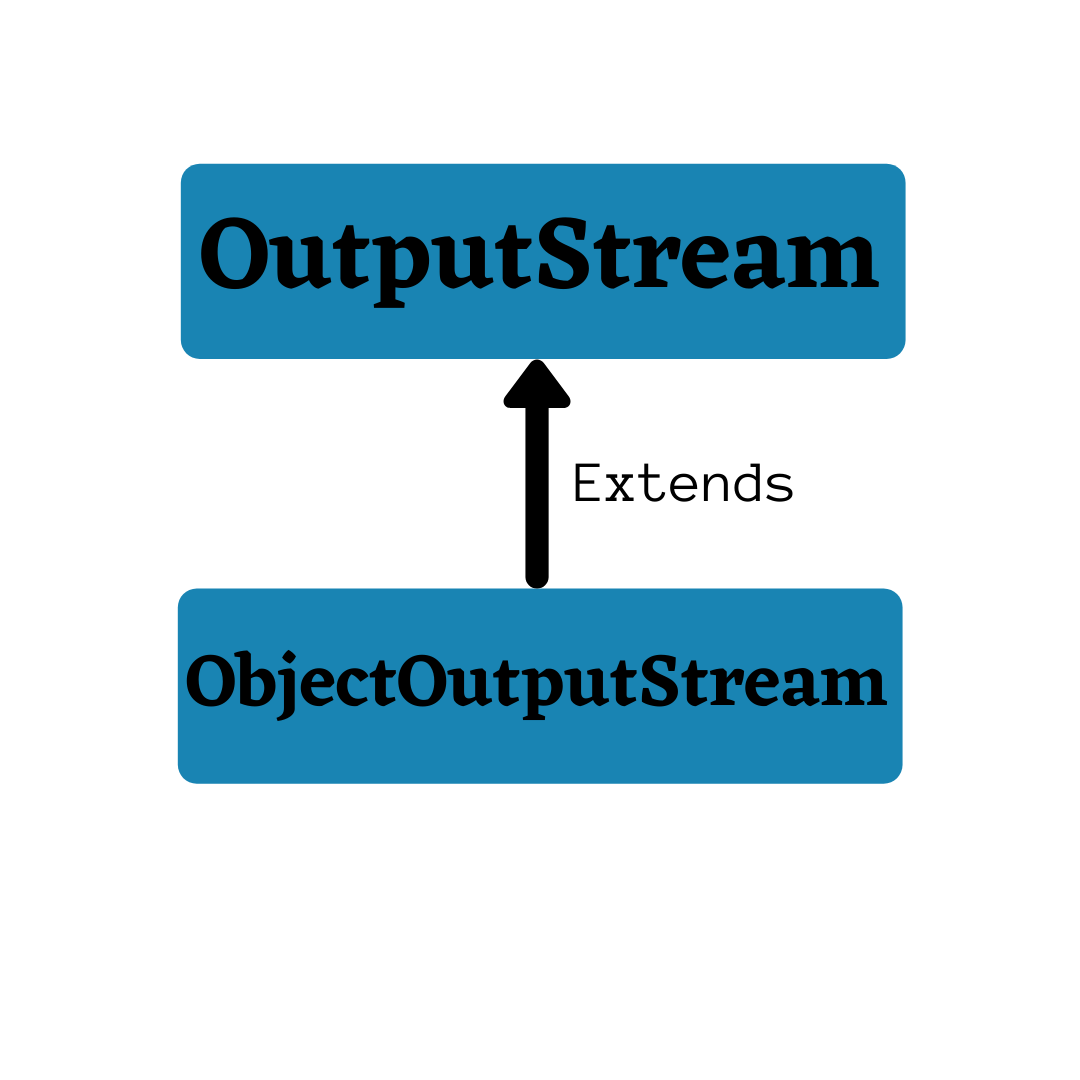| Sr.No. |
Method & Description |
| 1 |
protected void annotateClass(Class <?> cl)
Subclasses may implement this method to allow class data to be stored in the stream. |
| 2 |
protected void annotateProxyClass(Class<?> cl)
Subclasses may implement this method to store custom data in the stream along with descriptors for dynamic proxy classes. |
| 3 |
void close()
This method closes the stream. |
| 4 |
void defaultWriteObject()
This method writes the non-static and non-transient fields of the current class to this stream. |
| 5 |
protected void drain()
This method drain any buffered data in ObjectOutputStream. |
| 6 |
protected boolean enableReplaceObject(boolean enable)
This method enable the stream to do replacement of objects in the stream. |
| 7 |
void flush()
This method flushes the stream. |
| 8 |
ObjectOutputStream.PutField putFields()
This method retrieves the object used to buffer persistent fields to be written to the stream. |
| 9 |
protected Object replaceObject(Object obj)
This method will allow trusted subclasses of ObjectOutputStream to substitute one object for another during serialization. |
| 10 |
void reset()
This method reset will disregard the state of any objects already written to the stream. |
| 11 |
void useProtocolVersion(int version)
This method specify stream protocol version to use when writing the stream. |
| 12 |
>void write(byte[] buf)
This method writes an array of bytes. |
| 13 |
void write(byte[] buf, int off, int len)
This method writes a sub array of bytes. |
| 14 |
void write(int val)
This method writes a byte. |
| 15 |
void writeBoolean(boolean val)
This method writes a boolean. |
| 16 |
void writeByte(int val)
This method writes an 8 bit byte. |
| 17 |
>void writeBytes(String str)
This method writes a String as a sequence of bytes. |
| 18 |
void writeChar(int val)
This method writes a 16 bit char. |
| 19 |
void writeChars(String str)
This method writes a String as a sequence of chars. |
| 20 |
protected void writeClassDescriptor(ObjectStreamClass desc)
This method writes the specified class descriptor to the ObjectOutputStream. |
| 21 |
void writeDouble(double val)
This method writes a 64 bit double. |
| 22 |
void writeFields()
This method writes the buffered fields to the stream. |
| 23 |
void writeFloat(float val)
This method writes a 32 bit float. |
| 24 |
void writeInt(int val)
This method writes a 32 bit int. |
| 25 |
void writeLong(long val)
This method writes a 64 bit long. |
| 26 |
void writeObject(Object obj)
This method writes the specified object to the ObjectOutputStream. |
| 27 |
protected void writeObjectOverride(Object obj)
This method is used by subclasses to override the default writeObject method. |
| 28 |
void writeShort(int val)
This method writes a 16 bit short. |
| 29 |
protected void writeStreamHeader()
This method is provided so subclasses can append or prepend their own header to the stream. |
| 30 |
void writeUnshared(Object obj)
This method writes an "unshared" object to the ObjectOutputStream. |

